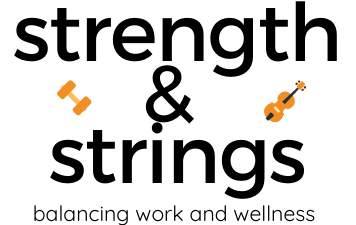
Is mindfulness the key for managing stress?
Have you ever been under so much stress that you could not think straight? Did you misinterpret a situation, think of the worst possible scenario and dwell on it for hours?
If you answered yes to one or both statements, take a moment to remember how you felt in that moment. Anxious? Emotional? Impulsive?
Assuming that you did not enjoy how you felt, you probably wished there was a way to escape those feelings in a healthy way. Or better yet, prevent them from happening in the first place?
In recent years, the practice of mindfulness has emerged as a simple and accessible practice that can make a notable difference in stress levels. It does not require special equipment or training, only your undivided attention.
Incorporating mindfulness into your routine can make an impact on how you manage stress.
What is mindfulness?
Jon Kabat-Zinn, the founder of mindfulness stress-reduction, defines mindfulness as “paying attention in a particular way: on purpose, in the present moment and non-judgmentally.”
Essentially, engaging in mindfulness requires an individual to focus on what is happening externally and internally at a particular moment without distraction and judgement.
Given our fast-paced and heavily connected society, it can be challenging to block out the world around us and over-analyze our feelings.
Kabat-Zinn believed that there are nine pillars of mindfulness, or qualities that help create a more mindful state of being:
9 Pillars of Mindfulness (Kabat-Zinn 2013)
- Non-judging
- Patience
- Beginner’s mind
- Trust
- Non-striving
- Acceptance
- Letting go
- Generosity
- Gratitude
Keep in mind that the Pillars of Mindfulness are not requirements, but rather a framework for regular practice.
Benefits of mindfulness
Some of the benefits of mindfulness are:
- Decreased stress levels
- Increased immune response
- Increased recovery rate
- Decreased depressive symptoms
- Improved general health
Is mindfulness a difficult thing to incorporate into your daily life?
No, not at all. The ease of incorporating mindfulness into your day is one of its biggest advantages. Even one minute of this practice will be beneficial.
It is as simple as feeling the sun on your face or observing your surroundings while sitting on the bus.
You do not have to practice mindfulness for a long time, however, it should be done consistently to receive the most benefits.
Mindful Practices
Here are a few ways you can incorporate mindfulness into your routine:
- Mindful movement (yoga, tai chi)
- Meditation
- Breathing exercises
- Progressive muscle relaxation
- Biofeedback
- Guided imagery
- Massage
If you have an Apple Watch, consider using the Mindfulness app or similar ones on your device.
Summary
Mindfulness is the ability to be fully present and aware of your surroundings without judgment.
Taking some time out of your day to be mindful can improve your physical and mental health as well as lower your stress levels.
Do you incorporate mindfulness into your day?






